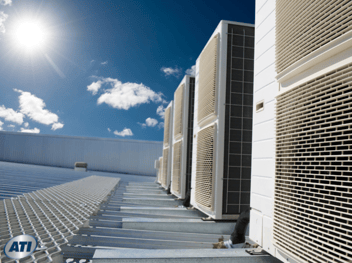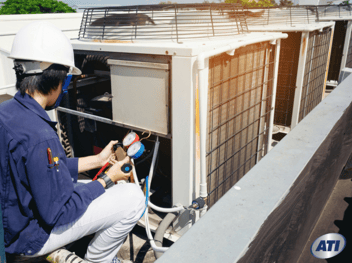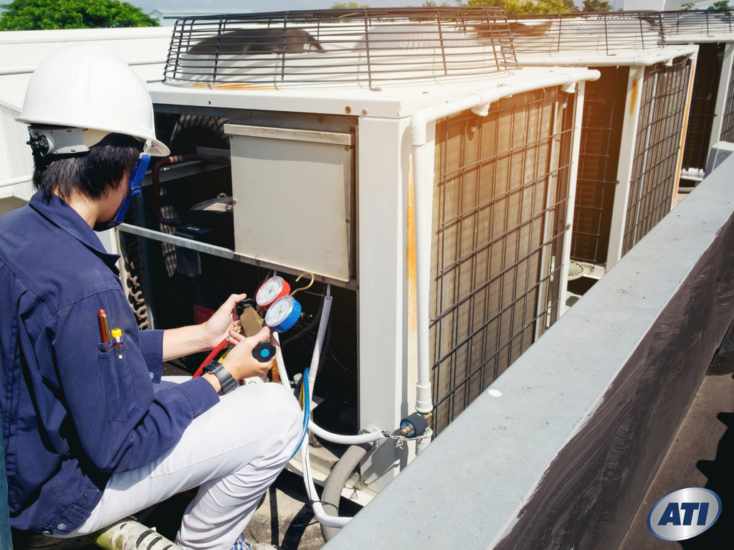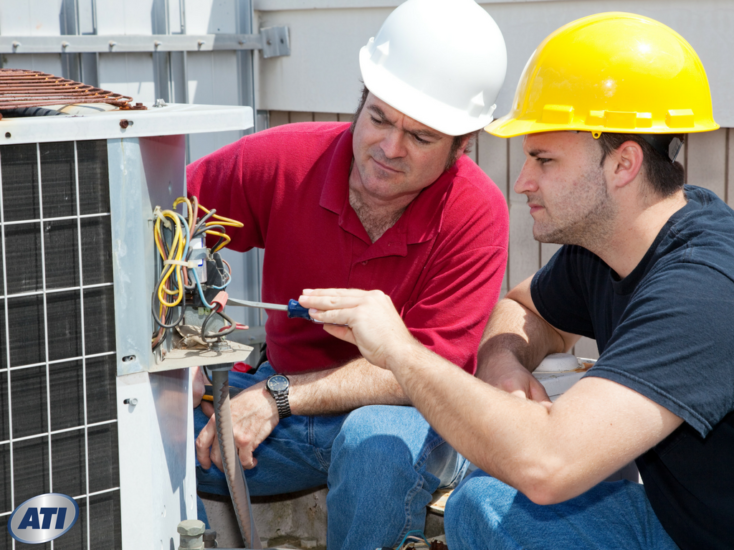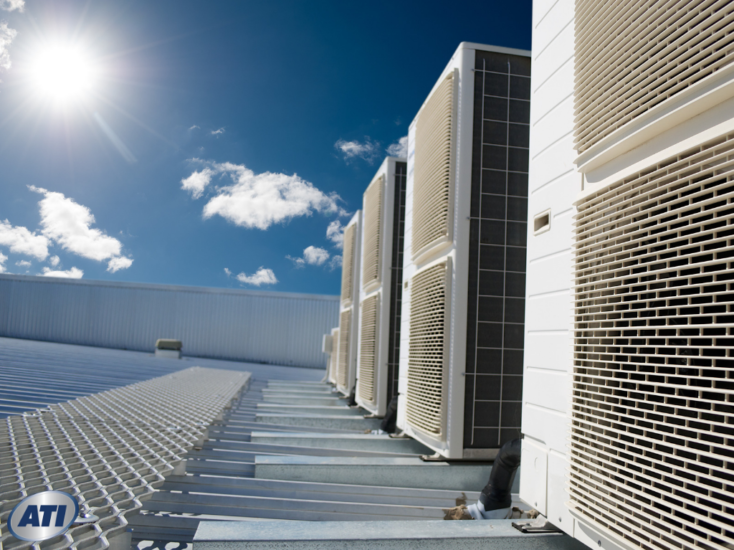Is HVAC Easy to Learn with Formal Education?
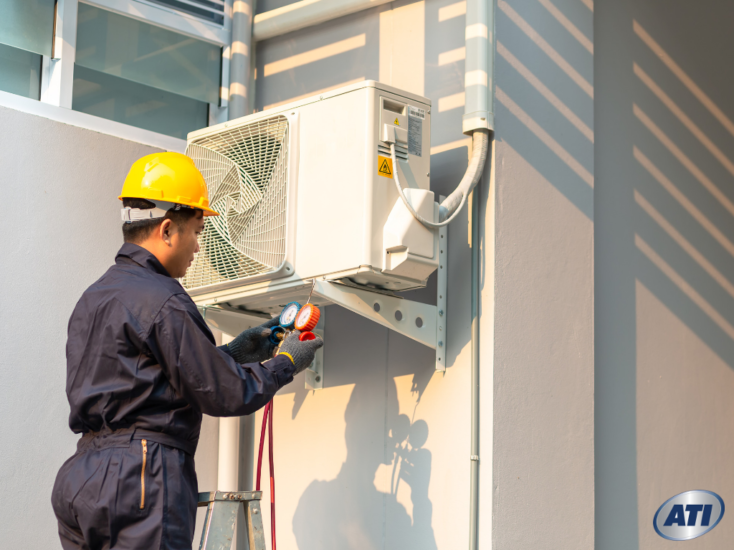
When it comes to finding a stable career field, HVAC is one area where you can feel comfortable knowing that it will remain constant and that you’ll be providing an essential service to your customers. Heating and air conditioning are vital for the well-being and comfort of people everywhere. Someone getting started in a HVAC career could benefit from formal education before jumping in.
What Is It like to Learn HVAC?
HVAC is an exciting field to learn. It combines a variety of skills that are used together to accomplish your HVAC task. It combines soldering, electrical, and pipefitting skills, among others. You’ll devote part of your time to traditional classroom learning where you learn about a variety of concepts that will allow you to install, repair, and maintain HVAC systems.
You’ll also have the opportunity to get hands-on with the concepts that you learn in the classroom. Rather than just focusing on diagrams and theories, you’ll be able to put what you learn in the classroom to test by using tools and equipment to simulate what you’ll come across once you’re working in the field. This mixed learning style can be great for people that don’t want to be in the classroom full-time and learn better once they’re able to handle it themselves.
What Are Some of the Basic Knowledge Requirements to Move through a Degree Program?
Before starting a degree program, there are some basic knowledge requirements that you’ll need to have to understand your classes. It can be helpful to have some experience using technology as this industry is always developing the type of technology used in heating, refrigeration, and air conditioning units.
Another area that can be helpful to have some experience before starting your degree program is using tools. A basic understanding of common tools and how to properly use them will assist you in moving forward with your classes and learning. High school students that know that they are interested in this field should focus on taking classes in math and physics along with any vocational programs that can support you in this field before moving on to a degree program.
Once you’re in school for this degree program, you’ll start building upon the knowledge that you brought with you. You’ll also learn about technical concepts that can be complex that will help you in your HVAC career. You’ll learn about the high-tech that goes into the equipment and tools you’ll be using. Also, you’ll be exposed to concepts like the laws of thermodynamics, reading schematics, and other technical skills that will make it possible to work in the industry.
What if I Don’t Know that Much About HVAC?
Formal education can be a great option for someone who doesn’t have much knowledge about HVAC systems. Attending school gives you the opportunity to learn the basics that some students may already have from prior experience that you can build on until you’re comfortable with the skills. Formal education also goes beyond just on the job training that focuses only on the HVAC skills you’ll need. In some classes, you’ll learn about skills that are necessary to interact with customers and even run your own business if that’s what you choose to eventually do with your career.
Are you considering a career in the HVAC trade? Check out the Associate of Occupational Science Degree in HVAC Technology with Service Management program today at Advanced Technology Institute. Contact ATI today to speak with one of our friendly and professional admissions staff.
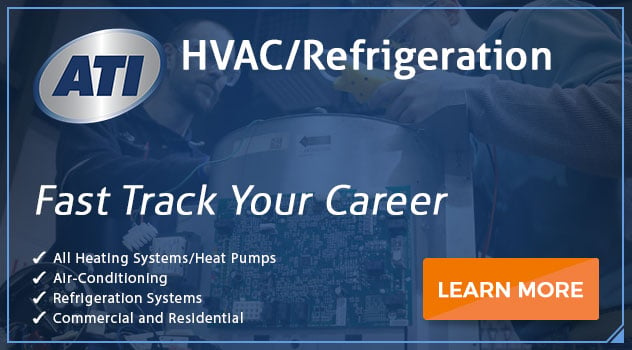
Industry Knowledge
Welcome to the Advanced Technology Institute's Blog, your resource for industry insights and discussions on technologies shaping the future of automotive, heavy vehicle, hvac, welding, and other related career paths.
Explore how ATI's curriculum and hands-on learning opportunities can propel your career in the tech-driven world.

